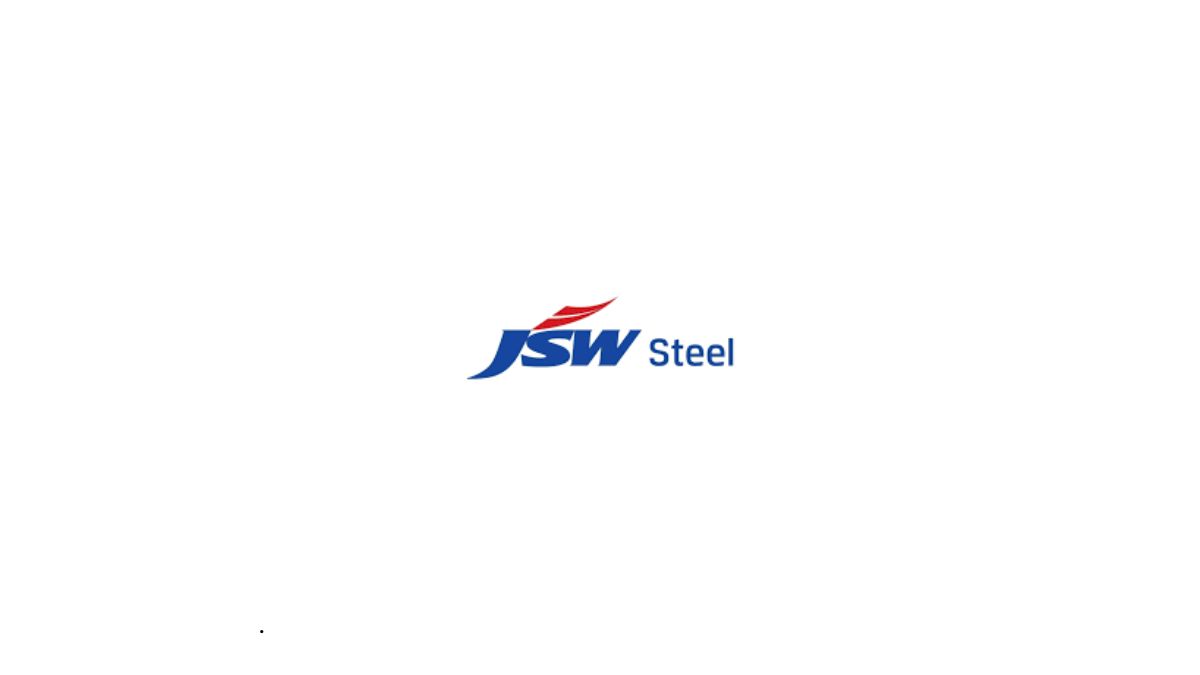The Supreme Court of India on Thursday rejected JSW Steel’s ₹20,000 crore resolution plan for Bhushan Power and Steel Ltd (BPSL), citing two key violations — delayed execution of the resolution plan and the use of a non-equity funding structure. The apex court also ordered the liquidation of BPSL, delivering a major blow to both JSW Steel and the lenders involved in the insolvency process.
The top court ruled that the resolution plan was “illegal and ought not to have been accepted by the Committee of Creditors (CoC)”, as it breached the procedural framework under the Insolvency and Bankruptcy Code (IBC).
What went wrong?
JSW Steel had proposed to complete the acquisition using a combination of equity and optionally convertible debentures (OCDs). The court held that such a structure violates the IBC, which mandates that resolution applicants use only equity-based funding when taking over an insolvent company.
Secondly, the court noted that JSW failed to implement the resolution plan within the prescribed time period, which is a critical requirement under the IBC to ensure swift and time-bound insolvency resolutions.
Background
JSW’s offer included a payment of ₹19,350 crore to financial creditors—a 60% haircut—and ₹350 crore to operational creditors against admitted claims of ₹733 crore. The bid was cleared by the NCLT and later upheld by the NCLAT in March 2020.
However, the Enforcement Directorate (ED) challenged the resolution, citing ongoing investigations into the former promoters of BPSL, who were accused of diverting ₹4,025 crore in bank loans. These assets were provisionally attached under the Prevention of Money Laundering Act as “proceeds of crime.”
Despite support for the resolution from the Ministry of Corporate Affairs, Serious Fraud Investigation Office (SFIO), and the CoC, the Supreme Court sided with the ED’s objections.
Implications
The ruling not only ends JSW Steel’s long-standing pursuit of BPSL but also sets a strong precedent on funding structures and execution timelines for future insolvency resolutions. With the liquidation process now underway, lenders are unlikely to recover the amounts they had anticipated under JSW’s plan.
The judgment underscores the judiciary’s strict stance on compliance with the letter and spirit of the IBC, especially in high-stakes corporate insolvency cases.
Disclaimer: The information provided is for informational purposes only and should not be considered financial or investment advice. Stock market investments are subject to market risks. Always conduct your own research or consult a financial advisor before making investment decisions.


